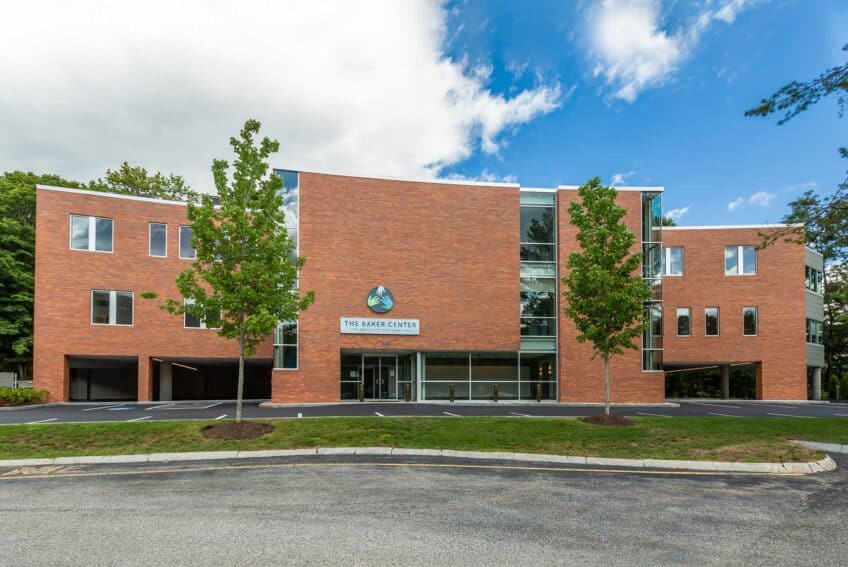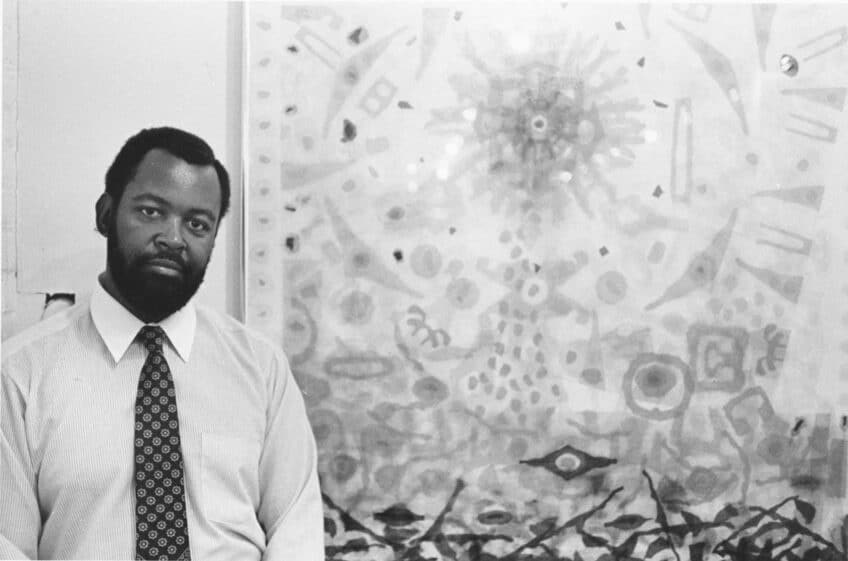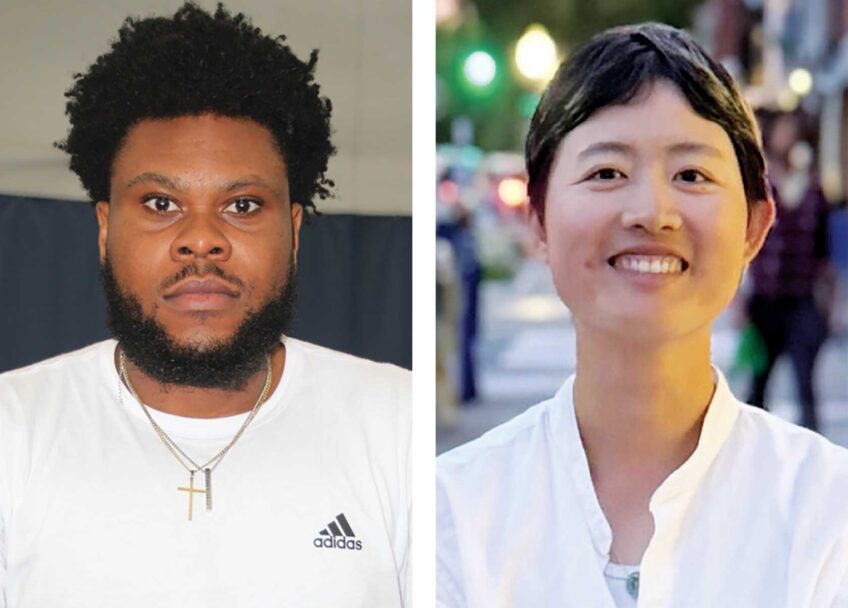Even though “The Wire” went off-air three years ago, the HBO series is still an interesting topic of discussion among viewers, critics and academic settings.
In fact, a number of universities and colleges across the United States have been using “The Wire” as a tool to educate students on the sociological impacts of race and class. It has also been used to illustrate aspects of the law.
Less than one year after the series ended, students enrolled in one of Harvard Professor Julius Wilson’s sociology classes received extra credit for watching the series. “The Wire,” said Wilson at the time, “has done more to enhance our understanding of the systemic urban inequality that constrains the lives of the poor than any published study.”
Since then “The Wire” has moved across the curriculum at Harvard University and has spread to other schools. This spring, Harvard Law School Professor Charles Ogletree Jr. began using it in a course titled “Race and Justice: The Wire.”
The class examines the series within the context of the entire justice system, focusing on the function of the police, the criminal investigative process, and even prison.
“The Wire” would not have been such a big success had it not been for a few key players, among them the series’ writer, editor, and producer George Pelecanos. He now writes for “Tremé,” another HBO drama series created by David Simon (who also produced “The Wire” and “The Corner”) and based on the neighborhood known as Tremé in post-Katrina Louisiana.
This Friday in Boston, Pelecanos and five of the cast members from the “The Wire” will sit on a panel at the Boston Book Festival discussing the series in the context of race, class, institutional failure and the visual novel.
Rev. Eugene Rivers of The Boston Ten Point Coalition will moderate the discussion called “The Art of The Wire.” The panel will also include Donnie Andrews (the basis for the character known as Omar Little) Fran Boyd (the inspiration for a character on “The Corner”), Tray Chaney (Poot), Robert Chew (Prop Joe) and Jamie Hector (Marlo Stanfield). Pelecanos also writes crime novels. While his latest novel, “The Cut,” will be featured at the Boston Book Festival, critics have compared him to literary greats such as Dickens, Shakespeare, Hemingway and Langston Hughes.
How did you get involved with writing for “The Wire”?
The producer read my books, which looks at crime, but more on the social side of it as opposed to the thriller side or the mystery side. The books are more about why are things the way they are and how do we feel about people in the city themselves. So he asked me to write an episode for season one and he liked what I did and I ended up working on all five of the seasons as a writer and a producer.
How comfortable were you with writing about these characters and the issues that were brought up on the series?
I grew up in D.C., and when I was a teenager it was up to 80 percent black and I am a first-generation Greek American. I grew up blue-collared and I’m not telling you that I’m “down” with black people, but it wasn’t a stretch for me. It was the way that I grew up, just being out there and dealing with working class people in Washington.
What type of research did you do for the job?
We did a tremendous amount of research. If you watched the show you know that we were not making anything up. Ed Burns and I were out on various types of outings with police and we knew people on the other side who had been in the life and who were in the life at the time and who were very accommodating so we had the full spectrum.
As a writer you have been fortunate enough to be able to combine your love for the craft with your interest in solving some of the social issues of America.
I don’t have any illusions about changing things. What we were trying to do was raise a lot of questions and show people the way things really work.
When somebody says, “Why can’t those kids just work harder to get out of the ghetto?” Well, Season 4 of “The Wire” told you why. If you were not intellectual curious enough to go and find out yourself, then we showed you why it’s not just those kids, it’s not just the home life. It’s the neighborhoods they walk through, the police, the politicians, it’s the lack of funding. We showed people how things work and why they are dysfunctional.
Really, what I’m trying to do is inspire somebody who is better than me to go out and do something. There have been cases over the years when people have come up to me and said I became a teacher after watching “The Wire” and that’s the highest compliment that somebody can give me.
Was there any character on “The Wire” that you identified with the most and who was modeled after your own self?
I think that if there were one, it would be Cutty Wise. This guy comes out of prison, has a lot of temptations and there were a lot of bumps in the road. But he opens up a boxing center for kids and at the end of the series he kind of comes through in the life. He realized that he was never going to make a lot of money, never was going to have a lot of things, but that was what he was put on the earth for.
How have you dealt with some of the criticisms of “The Wire”?
Some of the criticism has been because we are white guys and I can’t get with that because if you’re telling me that I can’t do that then you’re also saying that I can’t write female characters. As a matter of fact I have been able to write about lots of people and that’s the work of a writer.
You have a right to write about who and what you want to, but Hollywood doesn’t seem to be open to scripts written by black writers about black people.
I agree. I think that it must drive black people and black writers crazy to see these inaccurate stories about themselves on the big screen. The thing with Hollywood is that they keep going back to the well for the same old talent. It’s very hard to break into that circle, so it’s not that they don’t want black writers but they want to hire someone that has a track record with movies that have brought in a lot of money.
Do you think that it’s racism or is just about money?
It’s just money. If you asked these people in the end if they have any prejudices, they would be insulted and shocked because they don’t think of themselves that way. But in order for things to happen for everybody, you have to be proactive. You have to hire more black writers, more black directors, and not all of the movies are going to be successful but at least you tried and you put this thing into play.
The Art of The Wire: A Discussion with Cast and Creators will take place on Friday, Oct. 14 at 7:30 p.m. at the Back Bay Events Center (180 Berkeley Street, Boston). For more information, visit www.bostonbookfest.org






